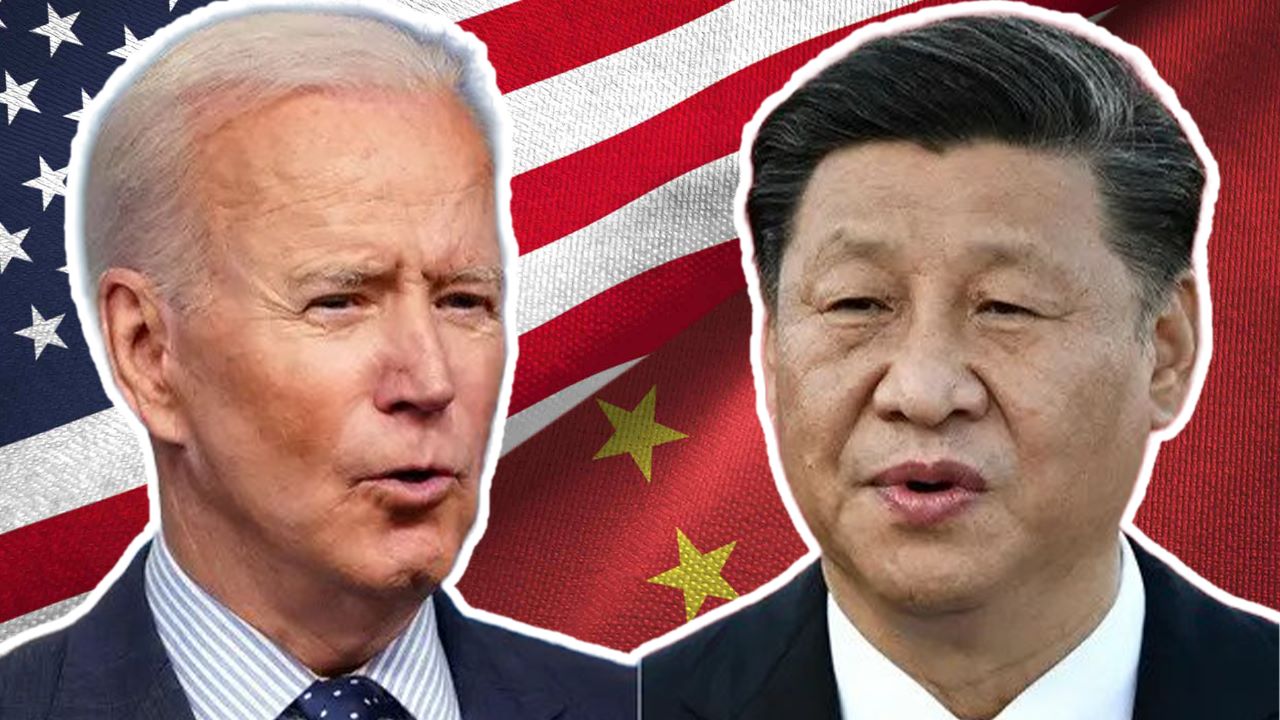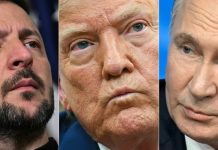On October 21, China imposed restrictions on the export of graphite used to make electric car batteries. China has retaliated to another round of US curbs on sharing semiconductor manufacturing technology and software with Beijing.
Microchip and computer hardware giants have been further curtailed from selling semiconductors or semiconductor-related technology to China. This escalation of the ‘tech war’ between the US and China began under former President Donald Trump in 2018 and continues under current President Joe Biden.
Interestingly, reports also suggest the Chinese action was in retaliation to the European Union’s (EU) effort to check the “flood” of “cheap” Chinese electric vehicles (EVs) in the European market.
The EU and China have been locked in low-key trade tensions themselves. The bloc has been demanding greater access to the Chinese markets for their products and ending the subsidies and heavy state support Beijing offers to its industry, which gives them an edge over Western firms.
The technology sector overlap of its US-China tensions and its intersection of geopolitics — given that Taiwan is home to the Taiwan Semiconductor Manufacturing Corporation (TSMC) — has emerged as a massive variable in Far East Asian affairs and global industry.
TSMC is the world’s largest semiconductor fabricator (or ‘fab’) forging chips designed by other companies. China, too, had been leveraging its position as the world’s leading holder of rare earths — required in electricals and electronics — in assuring more significant access to Western technology for its industry.
China Capping Rare Earth Exports
According to CNN, China has demanded its mining companies acquire an export permit starting in December for synthetic graphite material — including high-purity, high-strength, and high-density versions — and for natural flake graphite.
China’s Ministry of Commerce released a statement saying that the action is allowed under its Foreign Trade Law and Customs Law “to safeguard national security interests.”
The applications for the export licenses will be finally scrutinized by the State Council, reflecting the national security motivation behind the decision. In July, Beijing imposed export restrictions on gallium and germanium, two minerals essential for making semiconductors. One month later, its overseas shipments of the materials fell to zero.
China significantly influences the global supply chain for critical minerals necessary for producing EV batteries. The CNN report said it is responsible for refining 60 percent of the world’s lithium and 80% of the cobalt, according to the US Department of Energy (DoE).
Regarding graphite, the market for the mineral used in batteries has expanded by 250 percent since 2018. China was the world’s leading graphite producer in 2022, contributing to approximately 65 percent of the global production.
US Sanctions On China’s Semiconductor Industry
Reports said that the Biden administration is further reducing the types of semiconductors that American companies can sell to China, hoping to close the loopholes to the last round of regulations from October 2022. Advanced artificial intelligence chips, such as Nvidia’s H800 and A800 products, will be affected.
The regulations also expand export curbs beyond mainland China and Macau to 21 other countries where the United States maintains an arms embargo, including Iran and Russia. The measures, which have affected the shares of major American chipmakers, are set to take effect in 30 days.
However, the restrictions on semiconductor technology exports to China accelerated Beijing’s own technological self-reliance, driven by its government and private companies investing tens of billions in research. US companies also resisted the ban on Semicon technology sales to China, owing to the massive business (around 60 to 70 percent) originating there.
PRC Versus EU Over BEVs
However, prior reports in Western media and statements from their leaders also indicate commercial trade issues regarding the Chinese lead in sales of EVs to Europe that threaten their local industry.
This could also drive China’s retaliation by curbing its rare earth exports. On October 4, the European Commission announced an investigation into China’s “subsidized electric vehicle” cars.
The “anti-subsidy investigation” into the imports of “Battery Electric Vehicles (BEV)” from China was meant to probe whether this subsidization “threatens economic injury to EU BEV producers.”
Before that, on September 13, EC President Ursula von Der Leyen said before the bloc’s parliament that “Global markets are now flooded with cheaper electric cars. And their price is kept artificially low by huge state subsidies.”

China’s Ire Is At The West
Nevertheless, the Chinese cap on graphite exports is sure to unbalance global manufacturing, given how it is connected to electricals and electronics, themselves related to both the civilian and defense sectors.
However, China aims to choke rare earth supplies to the US-led Western alliance, which Beijing and Russia perceive as leading a “unipolar” and “hegemonic” world order.
Restricting rare earth sales to other developing countries does not seem to be on the anvil since such a move will hurt Beijing’s efforts to consolidate Global South countries and shift the narrative in the US’s favor. Moreover, few developing countries have the advanced hi-tech manufacturing industry seen in the West and China.
According to the Center for Strategic and International Studies (CSIS), in the 1990s, “the Chinese government declared rare earths to be protected and strategic minerals, which prohibited foreign mining and processing of rare earths within China, except in joint ventures with Chinese firms.
“This enabled Chinese companies to gain foreign know-how through these partnerships while steadily cutting out foreign competition from the supply chain.”
- The author can be reached at satamp@gmail.com
- Follow Eur Asian Times on Google News




